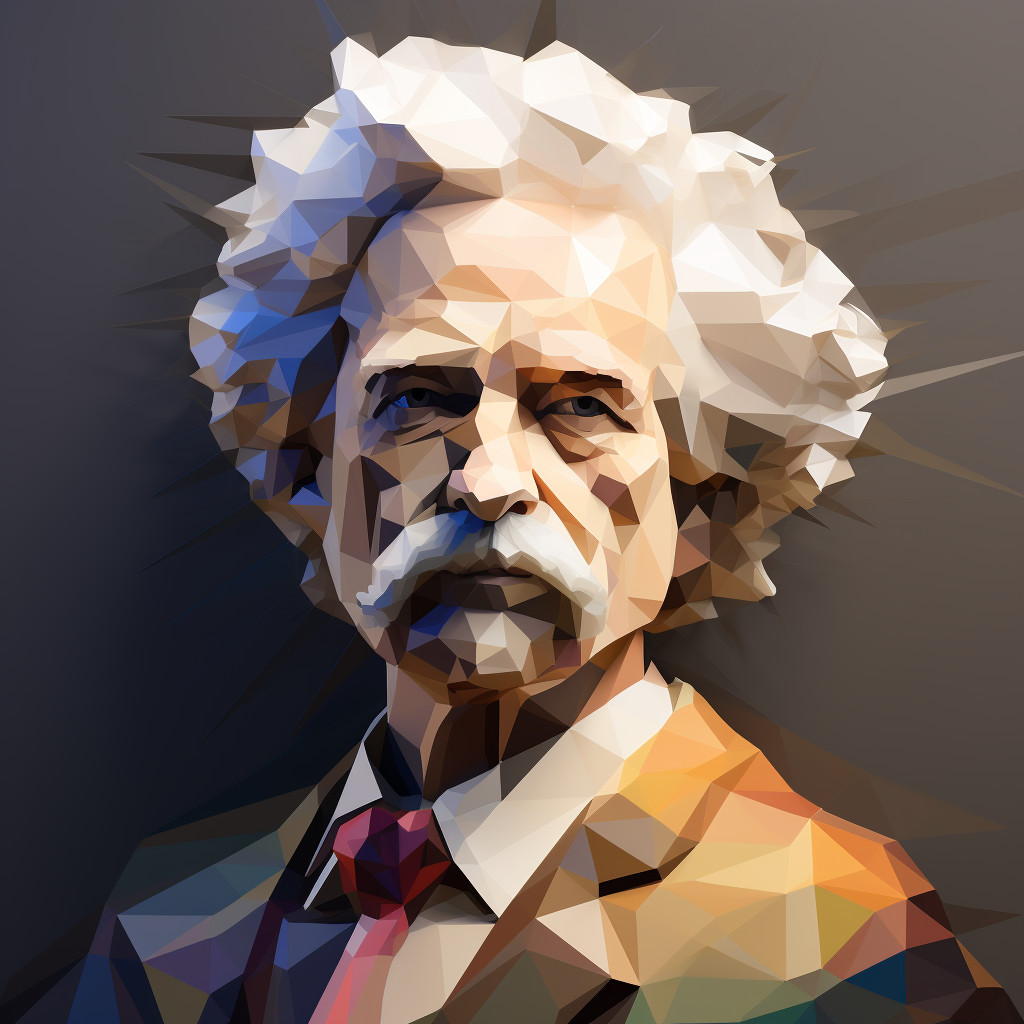'Counterfeit' Quotes
Counterfeit quotes, also known as misattributed or false quotes, are statements that are falsely attributed to a particular person or source. These quotes have been circulating for centuries, often gaining popularity due to their powerful and inspiring messages. However, their true origins are often…Read More
Counterfeit quotes, also known as misattributed or false quotes, are statements that are falsely attributed to a particular person or source. These quotes have been circulating for centuries, often gaining popularity due to their powerful and inspiring messages. However, their true origins are often unknown or fabricated. Despite this, counterfeit quotes have had a significant impact on individuals and society, shaping beliefs and inspiring action. From political leaders to celebrities, many famous figures have been associated with counterfeit quotes, further perpetuating their influence. These quotes continue to resonate and motivate people across the globe, highlighting the power of words and the enduring impact of false attribution.Read Less
Counterfeit quotes, also known as misattributed or false quotes, are statements that are falsely attributed to a particular person or source. These quotes have been circulating for centuries, often gaining popularity due to their powerful and inspiring messages. However, their true origins are often unknown or fabricated. Despite this, counterfeit quotes have had a significant impact on individuals and society, shaping beliefs and inspiring action. From political leaders to celebrities, many famous figures have been associated with counterfeit quotes, further perpetuating their influence. These quotes continue to resonate and motivate people across the globe, highlighting the power of words and the enduring impact of false attribution.
10 Notorious 'Counterfeit' Quotations and Sayings
Counterfeit – Symbolic Value
Counterfeit, in its simplest form, refers to something that is fake or fraudulent. It is a term that is often associated with the production and distribution of counterfeit goods, such as fake designer handbags or knock-off electronics. However, the concept of counterfeit goes beyond just material goods and has a deeper symbolic value.In a broader sense, counterfeit can be seen as a representation of the human desire for authenticity and the struggle to distinguish between what is real and what is not. It is a reflection of our society’s obsession with material possessions and the need to project a certain image to the world.
Counterfeit – Cultural and Historical Significance
The concept of counterfeit has been present throughout history, with examples dating back to ancient civilizations. In ancient Rome, for example, counterfeit coins were a common occurrence, and the punishment for producing them was severe. This shows that even in the past, the act of counterfeiting was seen as a threat to the stability of society.In more recent times, the rise of consumerism and the global market has made the production and distribution of counterfeit goods a lucrative business. This has not only had an impact on the economy but also on cultural and historical significance. The production of counterfeit goods often involves the exploitation of cheap labor and the violation of intellectual property rights, which can have a negative impact on the culture and heritage of a country.
Counterfeit – Common Themes in Motivational Contexts
The concept of counterfeit is often explored in motivational contexts, such as in literature and self-help books. It is often used as a metaphor for the pursuit of success and the dangers of trying to be someone or something that we are not. This theme is particularly prevalent in the novel “The Great Gatsby” by F. Scott Fitzgerald, where the character of Jay Gatsby is seen as a counterfeit version of himself, trying to fit into the upper-class society.In a motivational context, counterfeit can also represent the idea of imposter syndrome, where individuals feel like they are not good enough and are constantly trying to prove themselves to others. This can lead to a constant cycle of trying to be someone else, rather than embracing one’s true self.
Counterfeit – Portrayal in Art and Media
The concept of counterfeit has also been explored in various forms of art and media. In the art world, counterfeit can be seen as a form of appropriation, where artists use existing images or ideas and present them as their own. This raises questions about the originality and authenticity of art and the value placed on it.In media, counterfeit is often portrayed as a criminal act, with movies and TV shows depicting the production and distribution of counterfeit goods as a dangerous and illegal business. This portrayal can shape public perception and reinforce the negative connotations associated with the concept of counterfeit.
Counterfeit – Impact on Understanding of Life and Society
The concept of counterfeit has a significant impact on our understanding of life and society. It highlights the complex relationship between authenticity and material possessions, and how our desire for the latter can often lead us to compromise the former. It also sheds light on the power dynamics at play in the global market and the exploitation of labor and resources in the production of counterfeit goods.Moreover, the concept of counterfeit challenges our perception of what is real and what is not. In a world where technology has made it easier to create fake images and information, it is becoming increasingly difficult to distinguish between what is genuine and what is counterfeit. This has implications for our understanding of truth and the reliability of information.In conclusion, the concept of counterfeit goes beyond just fake goods and has a deeper symbolic value. It has a significant impact on our understanding of life and society, and its portrayal in art and media reflects the complex relationship between authenticity and material possessions. As we continue to navigate a world where the line between real and fake is becoming increasingly blurred, it is important to critically examine the concept of counterfeit and its implications for our society.














